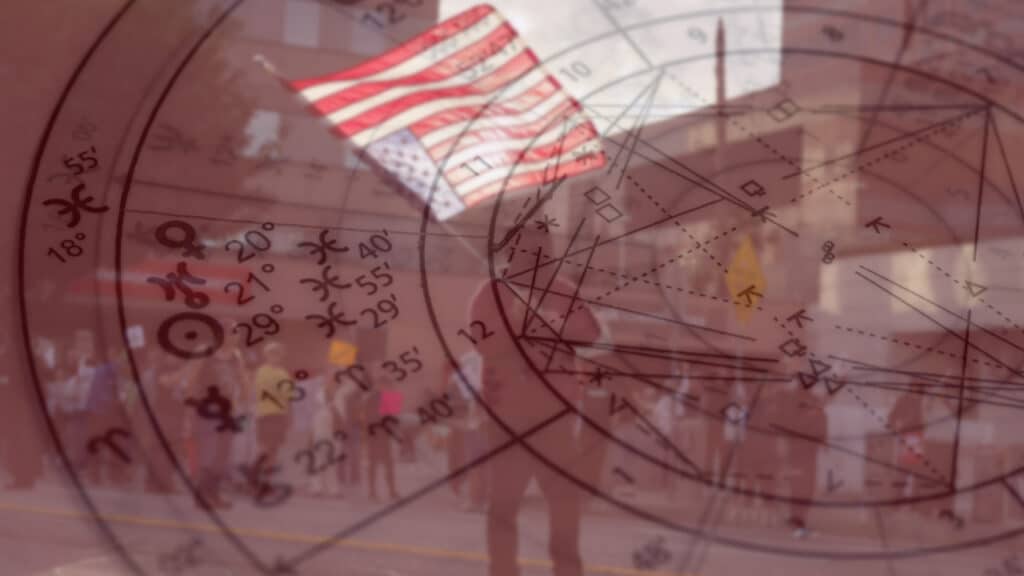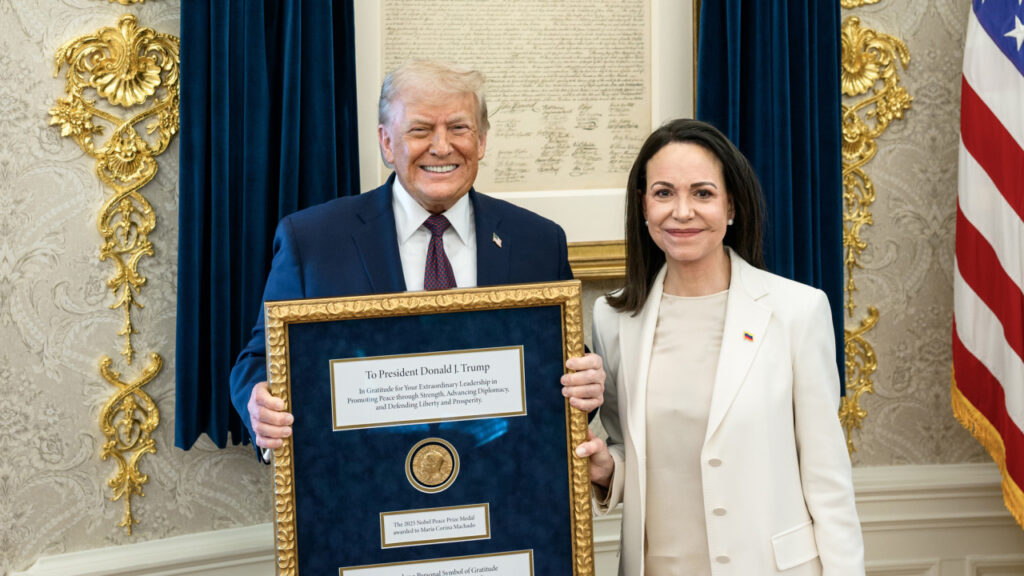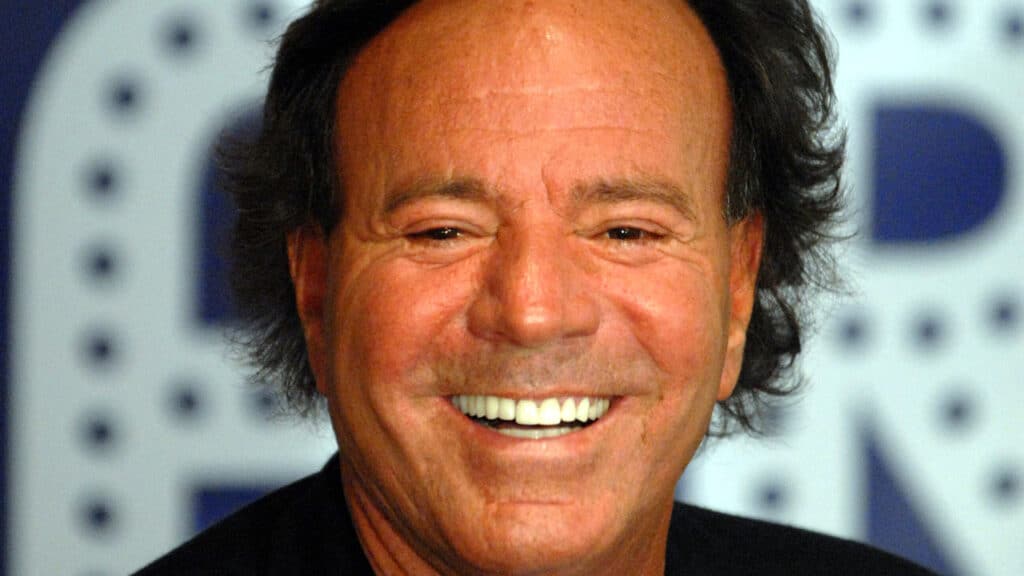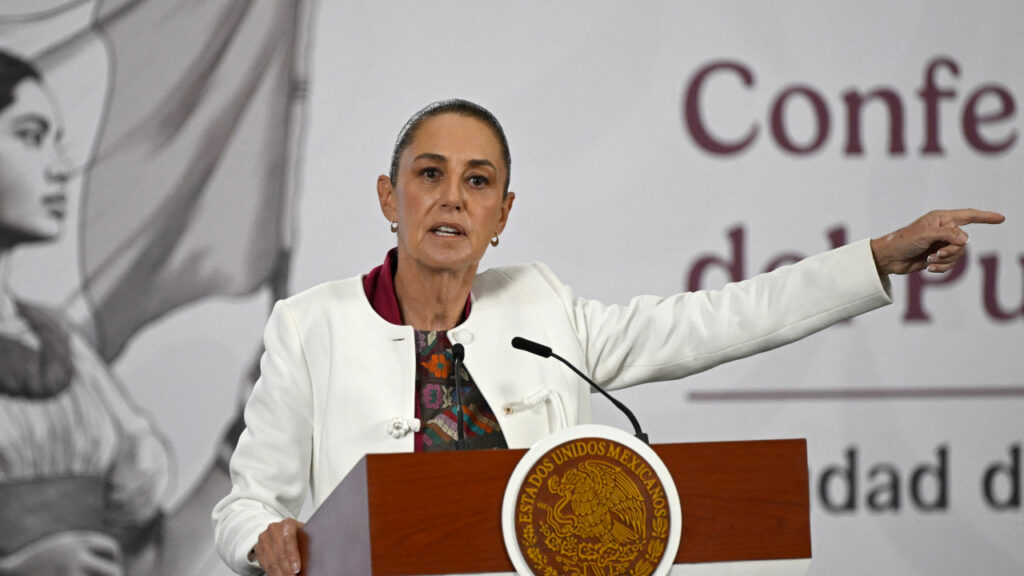
Parallel Struggles: Puerto Rican Journalist Explains The Uniting Struggles of Palestine and Puerto Rico
These are challenging times. The brutal Oct. 7 attack on Israel by Hamas and the Israeli retaliation on Palestinians in Gaza have shocked the world. It has given humanity reason to pause and reassess.
Thousands of people globally are taking to the streets and demanding the Palestinian right to self-determination. Individuals from all walks of life are coming together to call for freedom and an end to colonization.
At this juncture, it’s imperative to address the self-determination of people in Palestine. If so, we must also speak about Puerto Rico, the world’s oldest colony. The United States invaded the island in 1898, and it has been under U.S. colonial rule since then.
Puerto Rican journalist Bianca Graulau, a staunch advocate of the archipelago’s independence, argues that it shouldn’t be controversial or untimely to equate what is happening in Gaza with Puerto Rico.
In a TikTok post, Graulau points out that ‘colonialism operates in similar ways no matter where’
“I’m not trying to say that the plight of the Puerto Rican people is equal to the plight of the Palestinian people,” she said. “We’ve never had to go through the horrors that Palestinian people are going through today.”
Yet, while Palestinians’ call for independence is met with brutal human rights violations, Puerto Rico faces discrimination, displacement, economic exploitation, and limited political power.
It’s not the same scenario, true. However, what binds the two is a common enemy: colonization and its modern-day byproduct — settler colonialism.
When we juxtapose the acts against the Palestinians by the Israeli apartheid regime and those against Puerto Ricans by the U.S. government, as Graulau did in her posting, the similarities are too many to ignore.
“The US, too, has bombed Puerto Ricans,” she said. “The U.S. invaded Puerto Rico and said this is ours now.”
“In Vieques (one of the archipelagos islands), for example, (during the invasion) they kicked people out of their homes at gunpoint and bulldozed their houses.”
When Puerto Ricans engaged in a nonviolent march to protest Washington’s occupation, the U.S. police shot and killed them, including children, Graulau said.
The tragic event is known as La Masacre de Ponce (The Massacre of Ponce).
Since then, Puerto Ricans have been fighting for self-determination and an end to U.S. intervention in the island’s affairs
The last decade-and-a-half almost knocked Puerto Rico out. A $70 billion debt brought a federally imposed fiscal control board (known locally as La Junta) that slashed education budgets, pensions, and health services.
Then, Hurricanes Irma and María devastated the island, followed by earthquakes, government corruption, daily blackouts, a pandemic, and rampant gentrification by outsiders.
Presently, Puerto Rico undergoes the arduous process of addressing its colonial status.
In 2022, the U.S. House of Representatives passed the Puerto Rico Status Act. This bill calls for a federally binding referendum scheduled for November 2025. Puerto Ricans would choose between one of three non-colonial options: statehood, independence, or free association with the U.S.
However, the bill is riddled with flawed language — particularly regarding language, taxation, and transparency. Puerto Ricans are fighting to ensure that Puerto Ricans lead any process of decolonization without Washington’s political interference or control.
“When Puerto Ricans tried to organize to advocate for independence, the U.S. surveilled them, spied on them, monitored their every move,” Graulau said.
This political persecution by the U.S. is known as “carpeteo.” It constitutes decades of FBI surveillance. The “carpetas” or files held personal information about the lives, routines, and intimate details of individuals the U.S. “considered” pro-independence.
“And when a group of Puerto Ricans decided that the only way out was going to be armed resistance, that they were going to fight their oppressor to free Puerto Rico, the U.S. labeled them terrorists and bombed them,” Graulau said.
After 125 years of U.S. colonialism, Puerto Ricans recognize oppression and abuse by a powerful nation against a smaller one. Solidarity with the Palestinian cause is born from this shared history.




